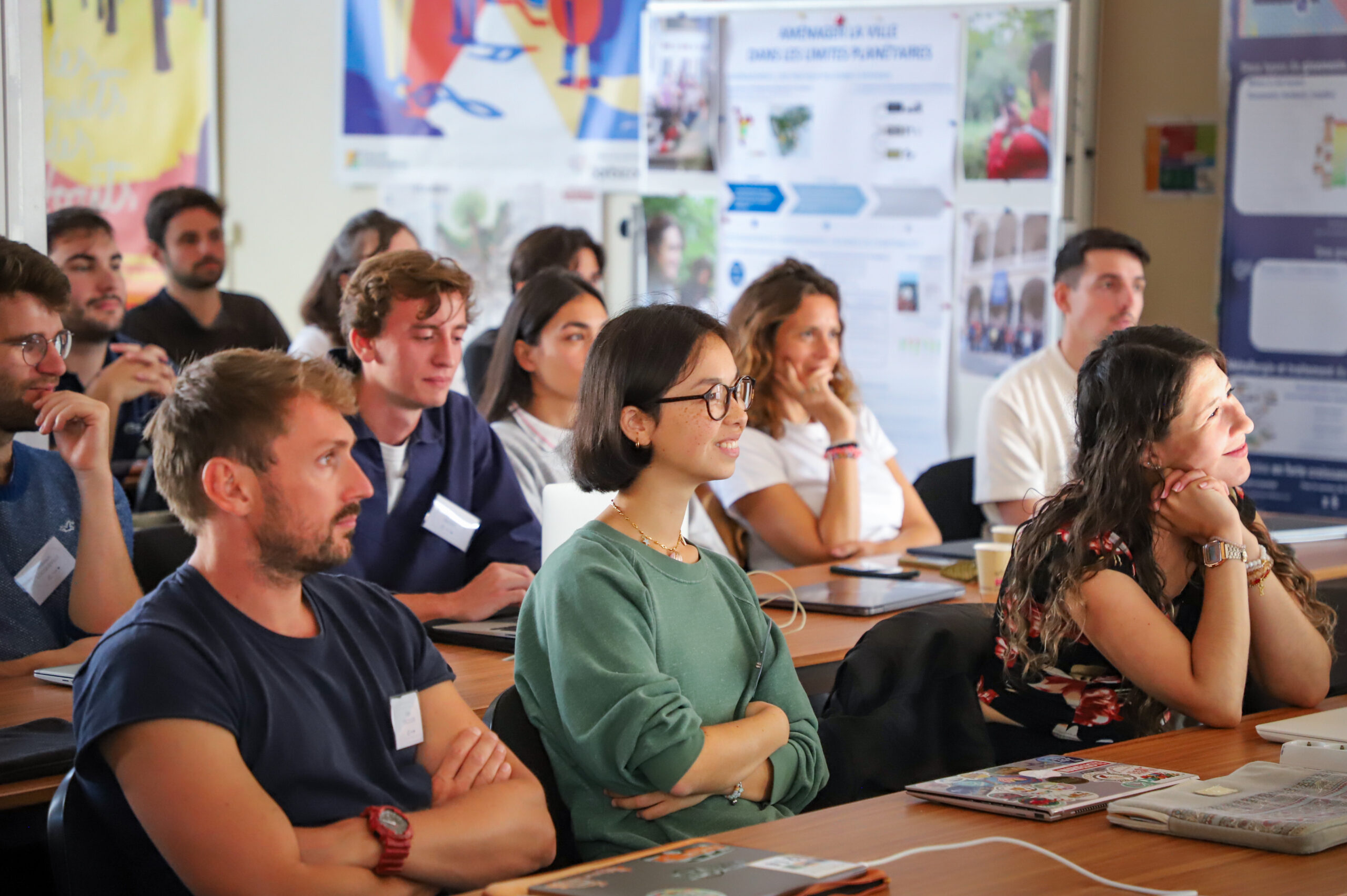I-BE³: Engineering Education for a Sustainable Future
Engineering education today must go beyond the mere transmission of technical and scientific knowledge.
As emphasized in the 2021 UNESCO report Engineering for Sustainable Development : Delivering on the Sustainable Development Goals (2021), engineering is central to the transformations required to address the challenges of our century, combating climate change, ensuring universal access to clean energy and water, building sustainable cities, reducing inequalities, and responsibly harnessing digital technologies and artificial intelligence.

Pedagogy at I-BE³
Learning by Doing, Learning for Impact
The report identifies two major imperatives. First, broadening and diversifying the community of engineers — by attracting more women and students from varied social and cultural backgrounds, ensuring that the solutions designed are inclusive and representative of society as a whole.
Second, reimagining engineering education by embedding the Sustainable Development Goals (SDGs) into curricula, fostering interdisciplinary and data-driven approaches, promoting project-based learning, and preparing students for lifelong learning in a rapidly changing world.
The International Bachelor of Environmentally Engaged Engineering (I-BE³) is a direct response to this global call. Rooted in the SDGs, it trains engineers who combine scientific excellence with social and environmental responsibility. Each semester, students tackle real-world challenges, applying engineering fundamentals to issues such as energy, health, mobility, climate, and digital transitions.
At I-BE³, we believe engineering is more than a profession; it is a driver of social, cultural, and environmental transformation. By training environmentally engaged engineers, we aim to prepare a new generation ready to design a sustainable, equitable, and resilient future.
I-BE³ stands out for its innovative, competency-based pedagogy, designed to develop both scientific rigor and systemic thinking. This approach bridges disciplines, linking the fundamentals of engineering and data science with the cultivation of transferable skills such as communication, teamwork, creativity, and ethical awareness.
At the core of the program are semester-long SDG projects inspired by real-world societal and environmental issues. These projects connect theory and practice, allowing students to work collaboratively, engage with external partners, and propose responsible engineering solutions.
From the very first semester, students follow a clear skills framework that guides their academic and personal growth. Supported by continuous mentoring and feedback, they gradually build their digital portfolio of achievements and earn Open Badges that certify the skills they acquire.
This dynamic, reflective learning process fosters autonomy, motivation, and purpose. By graduation, I-BE³ students are able to articulate and demonstrate the full range of their competencies, from disciplinary expertise to leadership and innovation, ready to act as engineers of change driving the sustainable transformations of the 21st century.


